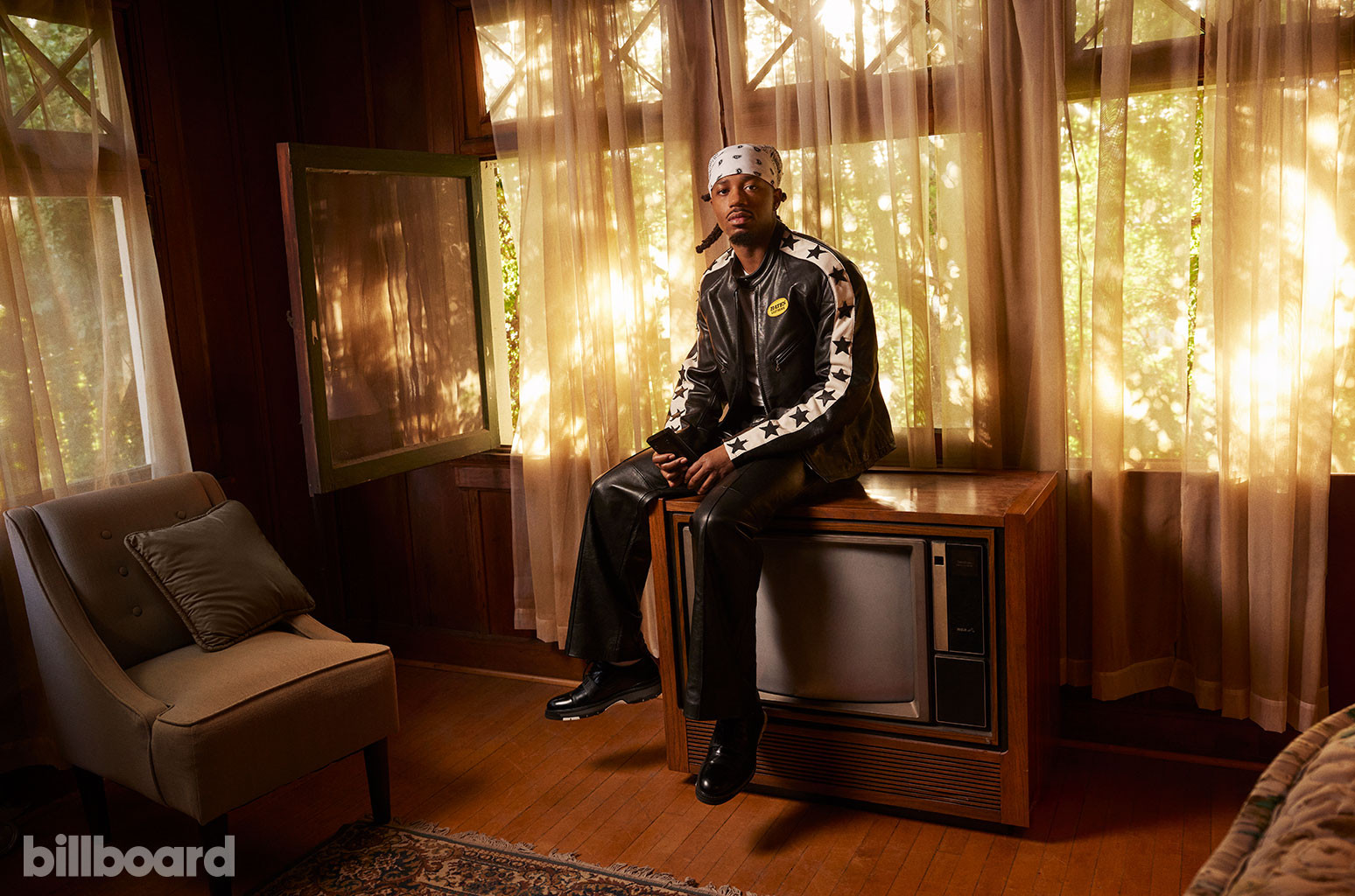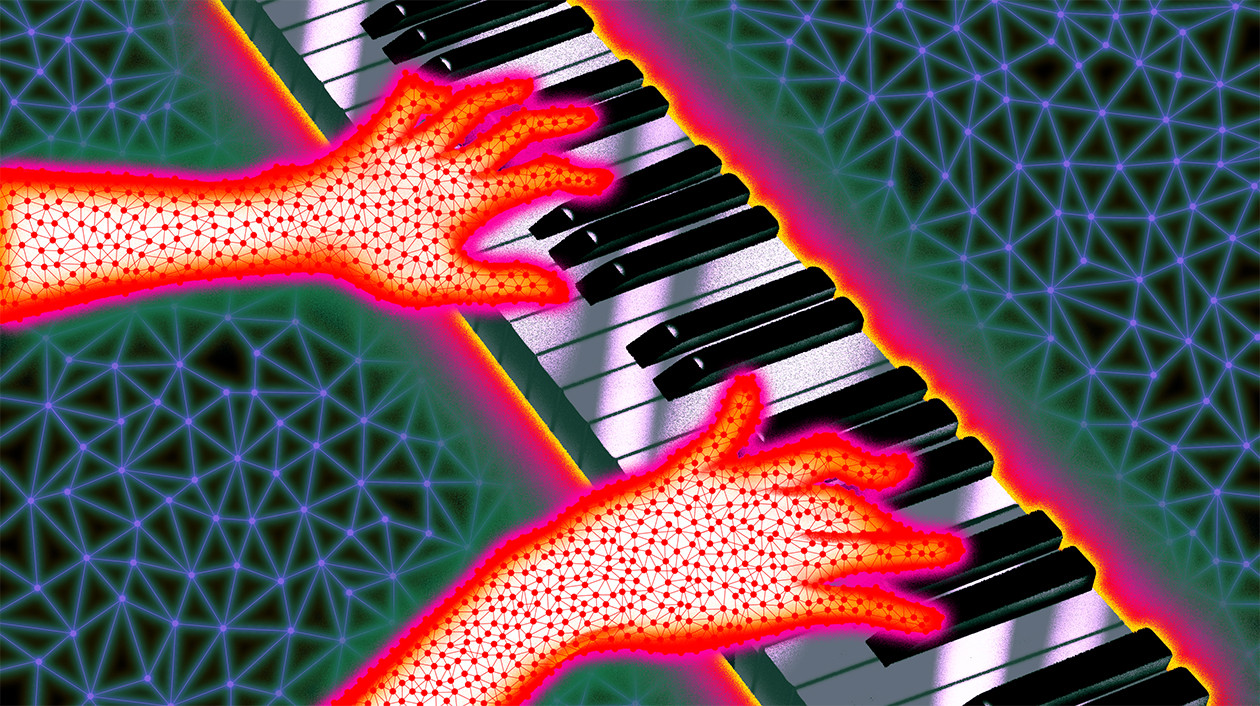When Drake, in the heat of his feud with Kendrick Lamar, flippantly told Metro Boomin to “make some drums,” the superproducer did just that, but with a twist. The result was “BBL Drizzy,” a track that unexpectedly spotlighted the burgeoning role of AI in music production.
Released on SoundCloud on May 5th, “BBL Drizzy” immediately grabbed attention. The beat features a soulful, vintage-sounding vocal sample layered over hard-hitting 808 drums. Metro Boomin encouraged fans to jump on the instrumental, offering a free beat to the best submissions, and the track quickly went viral, sparking remixes and discussions across the internet.
However, the viral sensation carried a surprising revelation: the captivating vocalist in “BBL Drizzy” was not human. The entire vocal performance, including melody and instrumental elements of the sample, was generated by Udio, an AI music startup founded by former Google DeepMind engineers. Metro Boomin, unaware of the AI origin when he first encountered the track, inadvertently turned his diss-track response into a landmark moment for AI-generated sampling. This incident highlighted the transformative potential of AI in music production, showcasing its ability to create convincing and readily usable samples. (A representative for Metro Boomin did not respond to Billboard’s request for comment).
 Metro Boomin
Metro Boomin
The Genesis of “BBL Drizzy”: A Comedian’s AI Experiment
While “BBL Drizzy” might seem like a direct product of AI, human creativity was still at its core. King Willonius, a comedian, musician, and content creator, was the individual who initially crafted the Udio-generated song on April 14th. Inspired by a tweet from Rick Ross, who jokingly suggested Drake had undergone a Brazilian Butt Lift, Willonius penned the lyrics and used Udio to bring the concept to life. “I think it’s a misconception that people think AI wrote ‘BBL Drizzy,’” Willonius clarified in a Billboard interview. “There’s no way AI could write lyrics like ‘I’m thicker than a Snicker and I got the best BBL in history,’” he added with a laugh, emphasizing the human element in the track’s creation.
AI Sampling: A Solution to Clearance Complexities?
The rise of AI sampling arrives at a crucial time in music production. Sample clearance, the process of obtaining legal permission to use existing recordings, is notoriously complex, time-consuming, and expensive. Music attorney Todd Rubenstein of Todd Rubenstein Law notes that while major artists like Metro Boomin might expedite sample clearances due to their commercial viability, this is not the norm for all creators. Grammy-winning producer Oak Felder echoes this sentiment, stating, “I’ll be honest, I’m dealing with a tough clearance right now, and I’ve dealt with it before. I had trouble clearing an Annie Lennox sample for a Nicki Minaj record once… It’s hard.”
For independent and bedroom producers, sampling established songs often feels legally prohibitive. Unauthorized sampling carries significant risks, as exemplified by the case of Young Kio, whose unlicensed Nine Inch Nails sample in a BeatStars instrumental became the foundation for Lil Nas X’s global hit “Old Town Road.” The subsequent discovery of the sample forced Lil Nas X to relinquish a substantial portion of publishing and master royalties.
Udio and the Promise of Streamlined Sampling
David Ding, co-founder of Udio, believes AI-generated samples offer a potential solution to the intricate web of rights management in music sampling. He explains that Udio’s AI model excels at creating realistic tracks in styles frequently sampled in hip-hop, such as “Motown ‘70s soul,” as well as diverse genres like classical and electronic music. “It’s a wide-ranging model,” Ding states.
King Willonius also highlights AI sampling’s ability to facilitate rapid responses to cultural moments. In the fast-paced online news cycle, AI tools enabled him to create “BBL Drizzy” as a timely reaction to the Drake-Kendrick feud. Grammy-winning songwriter Evan Bogart compares AI sampling to “digital crate digging,” offering a new avenue for producers to discover sounds. “It’s good for when you dig and can’t find the right fit. Now, you can also try to just generate new ideas that sound like old soul samples.”
 AI Music
AI Music
Financial Implications and Cautions
Beyond simplifying the clearance process, AI sampling could significantly reduce the financial burden associated with traditional sampling. The widely reported case of Ariana Grande’s “7 Rings,” which interpolated “My Favorite Things,” illustrates the potential costs. Grande reportedly ceded 90% of her publishing income to Rodgers and Hammerstein, the writers of “My Favorite Things,” despite only interpolating, not directly sampling, the original work.
Todd Rubenstein acknowledges the financial appeal of AI sampling: “It certainly could help you having to avoid paying other people and avoid the hassle.” However, he cautions users to carefully review the terms of service of AI models, emphasizing the importance of understanding how these models are trained and the potential copyright implications.
The Ethical Tightrope: Copyright and AI Training
A major point of contention in the realm of AI music generation is the ethical sourcing of training data. Many AI models are trained on copyrighted material without the consent or compensation of rights holders, a practice widely criticized within the music industry. While AI companies often argue “fair use,” the legality of this approach remains under legal scrutiny. The New York Times has sued OpenAI for using its copyrighted archives for training, and music publishers like UMG, Concord, and ABKCO have taken legal action against Anthropic for using lyrics in their AI model training. Rep. Adam Schiff has introduced the Generative AI Copyright Disclosure Act to promote transparency in AI training data.
Udio’s terms of service place the onus of copyright compliance on users, requiring them to indemnify the company against any claims arising from the use of AI-generated works. Udio co-founder David Ding declined to specify the exact sources of their training data, stating, “We train our model on publicly available data that we obtained from the internet. It’s basically, like, we train the model on good music just like how human musicians would listen to music.” He offered no further comment when pressed about copyright specifics.
The Future of Sampling: Coexistence, Not Replacement
Diaa El All, CEO of Soundful, another AI music company, believes AI can streamline music creation with proper licensing frameworks. Soundful is certified by Fairly Trained, ensuring ethical sourcing of training data. El All reveals that creating innovative AI sampling methods is a key focus for Soundful, including a project with a major rapper to develop a custom AI model based on a deceased producer’s work, with clearance from the producer’s estate.
Despite the advancements in AI sampling, industry experts like Oak Felder and Evan Bogart believe it will complement, not replace, traditional sampling. Felder points to the enduring appeal of nostalgia in music, highlighting the emotional connection evoked by samples of classic recordings. The popularity of sample-driven hits and nostalgia-fueled entertainment suggests a continued demand for the authenticity that AI, in its current form, cannot fully replicate.
“BBL Drizzy,” born from a playful diss track, may represent a significant turning point. Felder concludes, “I think this is very important. This is one of the first successful uses [AI sampling] on a commercial level, but in a year’s time, there’s going to be 1,000 of these. Well, I bet there’s already a thousand of these now.” The track serves as a compelling example of AI’s rapidly evolving role in music, sparking both excitement and crucial conversations about its future impact on creativity, copyright, and the music industry as a whole.
This story is included in Billboard‘s new music technology newsletter, Machine Learnings. To subscribe to this and other Billboard newsletters, click here.

